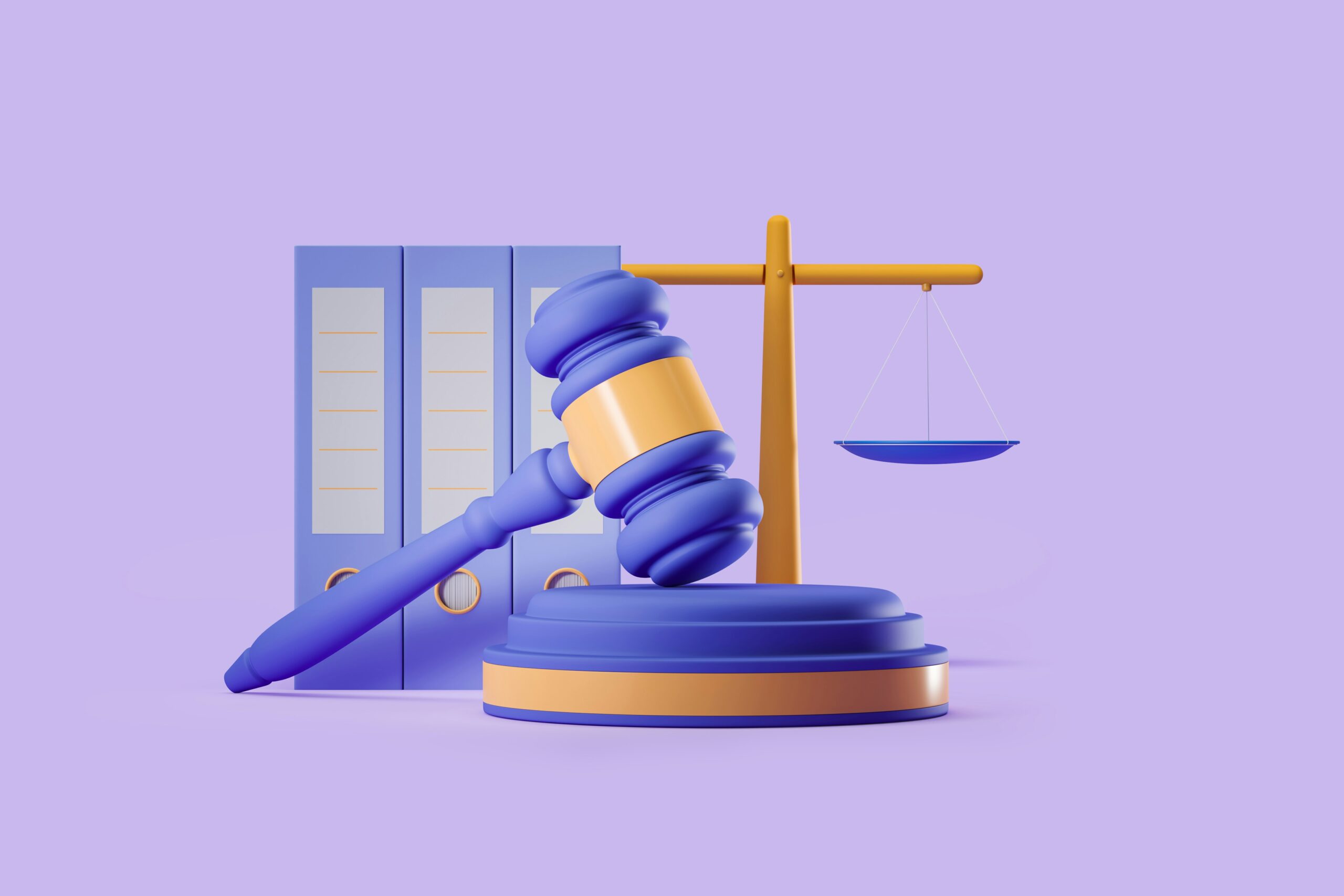
Mediation has become vital to resolving personal injury cases. It offers a way to settle disputes without lengthy court battles. For personal injury lawyers, mastering mediation techniques can improve client outcomes and reduce stress for all involved. This article explores key mediation methods that lawyers can use to achieve success.
Mediation differs from a trial. It is a voluntary process in which a neutral third party helps the disputing sides reach a mutual agreement. This method emphasizes collaboration and communication, so lawyers need skills that go beyond typical litigation strategies.
Understanding how to guide mediation can improve the chances of a fair resolution. These techniques focus on preparation, communication, and flexibility.
Preparing for Mediation
Good preparation sets the tone for effective mediation. Before the session, lawyers should gather all relevant facts and documents, including medical records, accident reports, and evidence supporting damages. Having this information ready shows professionalism and builds credibility.
It is also essential to understand the client’s goals clearly. The lawyer should discuss with the client what a successful outcome looks like. This helps manage expectations and gives direction during negotiation.
Equally critical is researching the opposing party. Knowing their background and interests can uncover potential areas for compromise. Personal injury lawyers benefit from learning about the insurance adjusters or defense attorneys involved.
Lastly, preparation means planning how to present the case calmly and persuasively. Lawyers should prepare to explain facts in a way that appeals to logic and emotion. This balance helps build trust between the mediator and the opposing side.
Establishing Open Communication
Mediation relies heavily on clear and open communication. Personal injury lawyers must create an environment where all parties feel heard. Listening carefully to the other side’s concerns can reveal underlying interests beyond the monetary amount.
During mediation, lawyers should encourage dialogue rather than confrontation. When tensions rise, it helps to pause and refocus on shared goals. Using calm and respectful language can keep the discussion productive.
Another essential technique is asking open-ended questions. These invite the other party to explain their viewpoint fully and demonstrate the lawyer’s willingness to understand and work toward a solution.
Moreover, personal injury lawyers should avoid interrupting or rushing the conversation. Allowing the other side to speak uninterrupted can defuse hostility and build rapport. When both parties feel respected, they become more willing to compromise.
Using the Mediator Effectively
The mediator plays a central role in guiding the process. Personal injury lawyers should view the mediator as a partner rather than an adversary. Establishing a good working relationship with the mediator helps facilitate progress.
Lawyers can assist the mediator by being transparent about the client’s concerns and limits. Clear communication with the mediator enables them to suggest creative solutions that might not emerge otherwise.
It is also essential to pay attention to the mediator’s cues. Experienced mediators often read between the lines and detect unspoken emotions or concerns. Responding to these subtle signals can unlock stalled negotiations.
When appropriate, lawyers should use private caucuses with the mediator. These separate meetings allow confidential discussion of sensitive issues. Personal injury lawyers can use these moments to explore settlement options without pressure.
Staying Flexible and Creative
Mediation’s most significant advantage is its ability to find solutions beyond traditional court awards. Personal injury lawyers should encourage flexibility in exploring different settlement options.
Focusing only on numbers can limit the potential for agreement. Lawyers can consider non-monetary terms that satisfy both parties. For example, the client may value certain conditions like payment plans, medical treatment guarantees, or public apologies.
Being creative also means knowing when to adjust strategies. If one approach does not work, switching tactics can revive negotiations. Personal injury lawyers must remain open to new ideas and avoid getting stuck in fixed positions.
This flexibility often leads to faster resolutions. Both sides can avoid the costs and uncertainties of a trial, and it also helps preserve professional relationships and client satisfaction.
Managing Emotions
Personal injury cases can be emotional for clients and opposing parties. Pain, loss, and frustration often fuel conflicts, and personal injury lawyers must be skilled at managing these emotions during mediation.
Acknowledge emotions without letting them dominate. Validating the feelings involved can reduce tension and create a more cooperative atmosphere.
Lawyers should also help clients stay focused on the bigger picture. Reminding clients of settlement benefits encourages them to consider practical outcomes rather than getting caught in anger or grief.
Calming moments of conflict require patience and empathy. Personal injury lawyers who remain composed and supportive can guide the mediation through difficult points.
Closing the Deal
Successful mediation ends with an agreement that all parties accept. Personal injury lawyers should ensure that the settlement terms are clear and detailed. This reduces the risk of misunderstandings later.
It is vital to put the agreement in writing promptly. The lawyer should review the terms carefully with the client before signing. This step protects the client’s rights and confirms that the resolution meets their goals.
Additionally, lawyers can use the mediation outcome to advise clients on the next steps. Even after settlement, some clients may need guidance on implementation or further legal matters.
Personal injury lawyers enhance their reputations by closing deals professionally and efficiently. They also show clients that mediation can deliver accurate and timely results.
Continuous Improvement
Mediation skills develop over time through practice and reflection. Personal injury lawyers benefit from seeking feedback after each mediation and understanding what worked and what didn’t, sharpening future techniques.
Attending mediation training and workshops also keeps lawyers updated on best practices. Learning from experienced mediators and peers broadens their approach.
Lawyers should stay aware of new trends in personal injury law and mediation. Statutes and court rules change, and mediators evolve their methods accordingly.
Investing in continuous improvement ensures that personal injury lawyers remain effective advocates. It also helps them serve clients with confidence and professionalism.